Google unveils synonym tech
Web giant Google has unveiled a new system that makes search understand synonyms more easily.
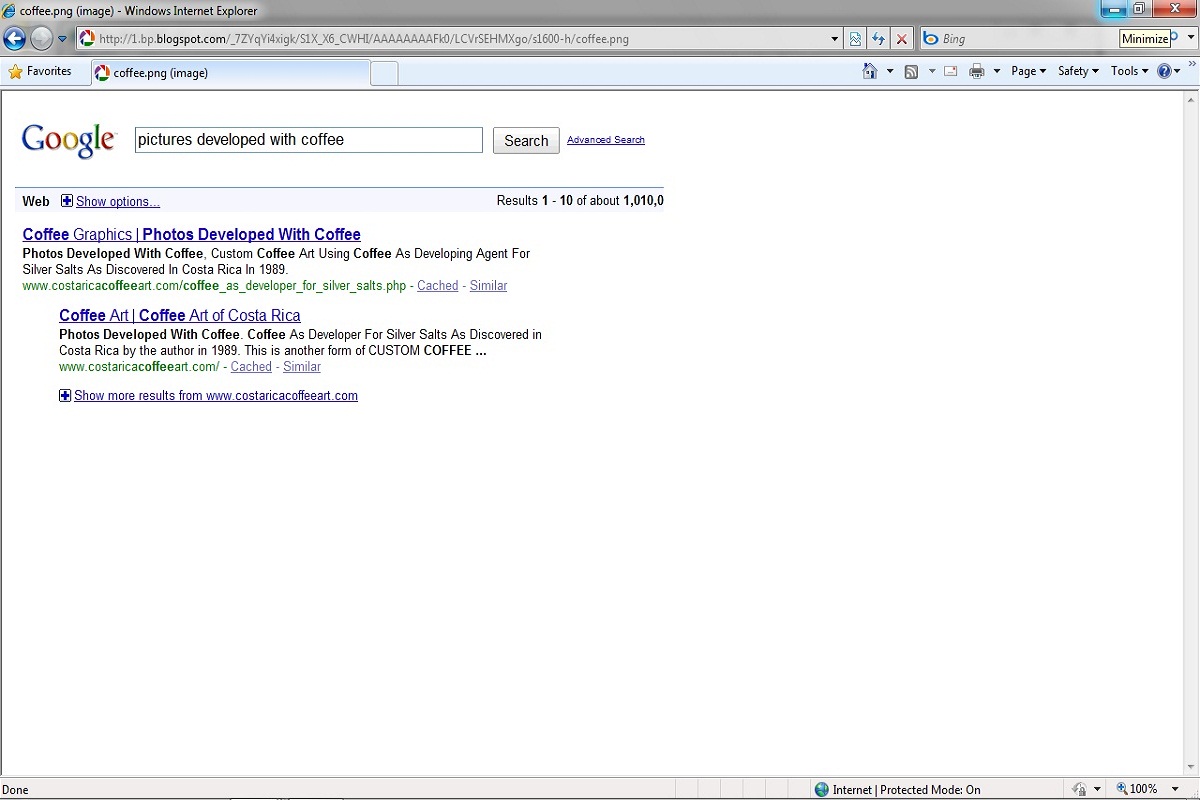

Google has unveiled a new technology platform designed to bridge the gap between the way computers talk and the way human's use language.
The company's new synonym tool is able to understand what users are searching for by not always taking words too literally. For example, someone searching for pictures in the context of a wider sentence might actually mean photos instead.
The development has been in the works for more than five years and is aimed at helping computers understand our language in the same way that we understand how they speak.
"An irony of computer science is that tasks humans struggle with can be performed easily by computer programs, but tasks humans can perform effortlessly remain difficult for computers. We can write a computer program to beat the very best human chess players, but we can't write a program to identify objects in a photo or understand a sentence with anywhere near the precision of even a child," Steven Baker, a software engineer at the company, said in a blog post.
"Enabling computers to understand language remains one of the hardest problems in artificial intelligence. The goal of a search engine is to return the best results for your search, and understanding language is crucial to returning the best results. A key part of this is our system for understanding synonyms... While even a small child can identify synonyms like pictures/photos, getting a computer program to understand synonyms is enormously difficult, and we're very proud of the system we've developed at Google."
Google's web search ranking team are behind the innovation and have recently analysed how well the system performs, according to Baker.
"Our measurements show that synonyms affect 70 per cent of user searches across the more than 100 languages Google supports. We took a set of these queries and analysed how precise the synonyms were, and were happy with the results: For every 50 queries where synonyms significantly improved the search results, we had only one truly bad synonym," added Baker.
Sign up today and you will receive a free copy of our Future Focus 2025 report - the leading guidance on AI, cybersecurity and other IT challenges as per 700+ senior executives
"An example of a bad synonym from this analysis is in the search [dell system speaker driver precision 360], where Google thinks "pc" is a synonym for precision. Note that you can still see that on Google today, because while we know it's a bad synonym, we don't typically fix bad synonyms by hand. Instead, we try to discover general improvements to our algorithms to fix the problems. We hope it will be fixed automatically in some future changes."
Google is calling on users to help refine the system and make it better. Those looking to raise issues can post questions on Google's web search help centre or on via Twitter by using #googlesyns in the tweet.
"...Language is used with as much variety and subtlety as is present in human culture, and our algorithms still make mistakes. We flinch when we find such mistakes; we're always working to fix them," Baker said.
"One of the best ways for us to discover these problems is to get feedback from real users, which we then use to inspire improvements to our computer programs."
Maggie has been a journalist since 1999, starting her career as an editorial assistant on then-weekly magazine Computing, before working her way up to senior reporter level. In 2006, just weeks before ITPro was launched, Maggie joined Dennis Publishing as a reporter. Having worked her way up to editor of ITPro, she was appointed group editor of CloudPro and ITPro in April 2012. She became the editorial director and took responsibility for ChannelPro, in 2016.
Her areas of particular interest, aside from cloud, include management and C-level issues, the business value of technology, green and environmental issues and careers to name but a few.
-
 Gender diversity improvements could be the key to tackling the UK's AI skills shortage
Gender diversity improvements could be the key to tackling the UK's AI skills shortageNews Encouraging more women to pursue tech careers could plug huge gaps in the AI workforce
-
 Researchers claim Salt Typhoon masterminds learned their trade at Cisco Network Academy
Researchers claim Salt Typhoon masterminds learned their trade at Cisco Network AcademyNews The Salt Typhoon hacker group has targeted telecoms operators and US National Guard networks in recent years
-
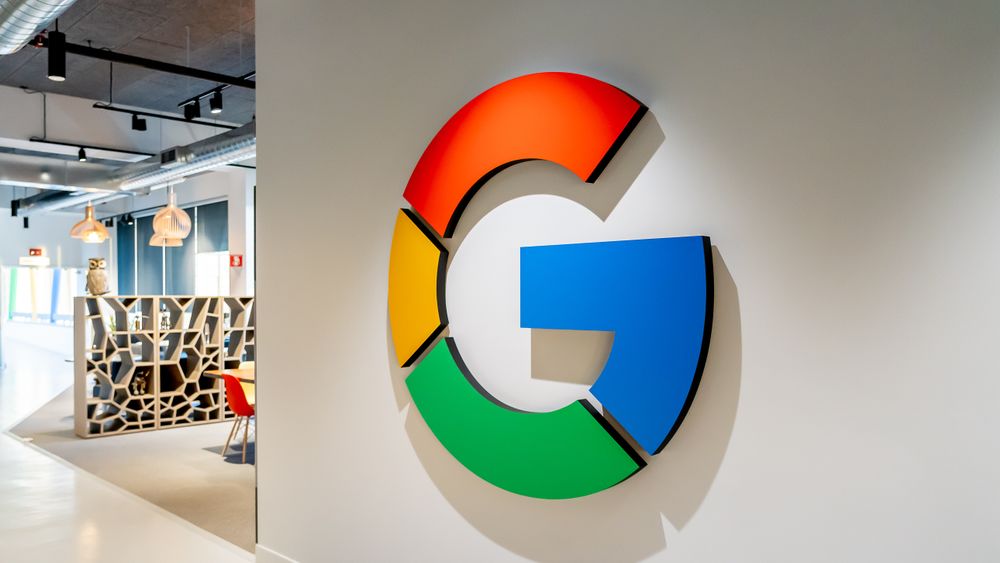 Google looks to shake up the way the tech industry classifies skin tones
Google looks to shake up the way the tech industry classifies skin tonesNews The tech giant is pursuing better ways to test for racial bias in tech products
-
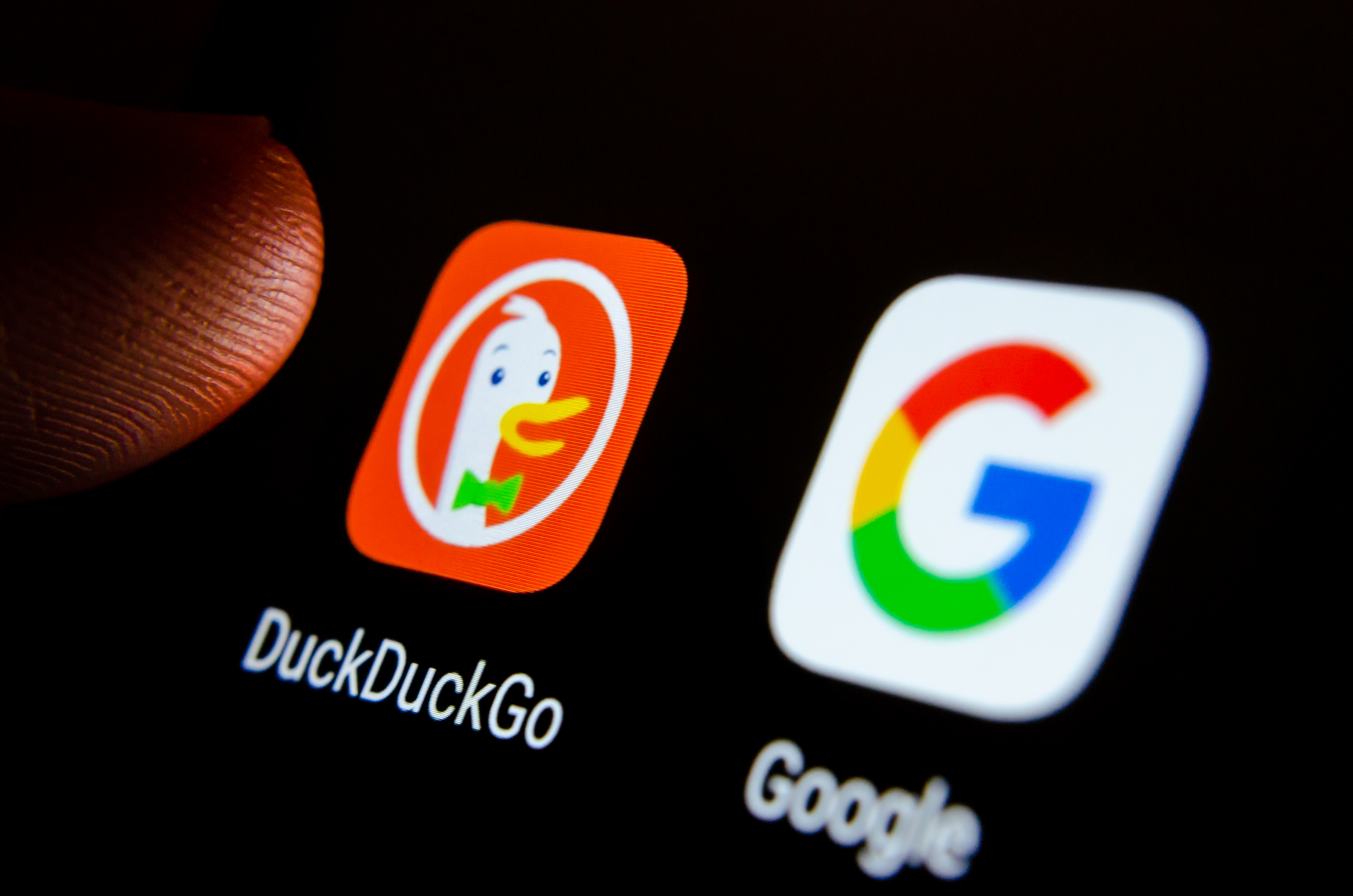 DuckDuckGo vs. Google: Privacy or popularity?
DuckDuckGo vs. Google: Privacy or popularity?Vs Google may reign as king, but it’s not the only option in the world of search
-
 How to change your search engine in Microsoft Edge
How to change your search engine in Microsoft EdgeTutorials If you'd rather search through Google than Bing, here's how to change your default search provider in Windows 10's new browser
-
 Google's top 2014 search trends revealed
Google's top 2014 search trends revealedNews Google 2014 trends have been unveiled, and include the year’s biggest sporting events, tech releases, cat stats and more
-
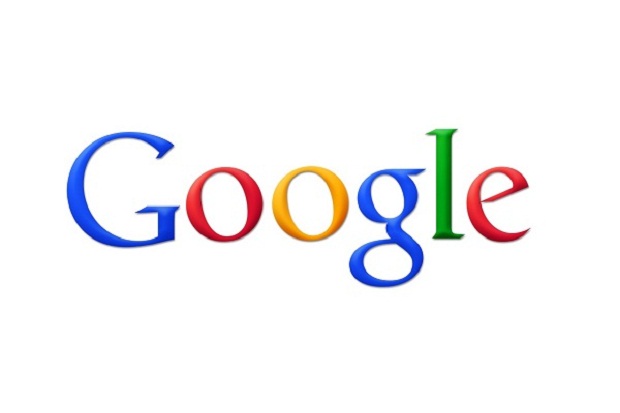 Google declares Amazon its biggest search rival
Google declares Amazon its biggest search rivalNews Google has dubbed Amazon its biggest rival above other traditional search engine companies
-
 EU demands more concessions from Google over search dominance
EU demands more concessions from Google over search dominanceNews Google gets another chance to end probe
-
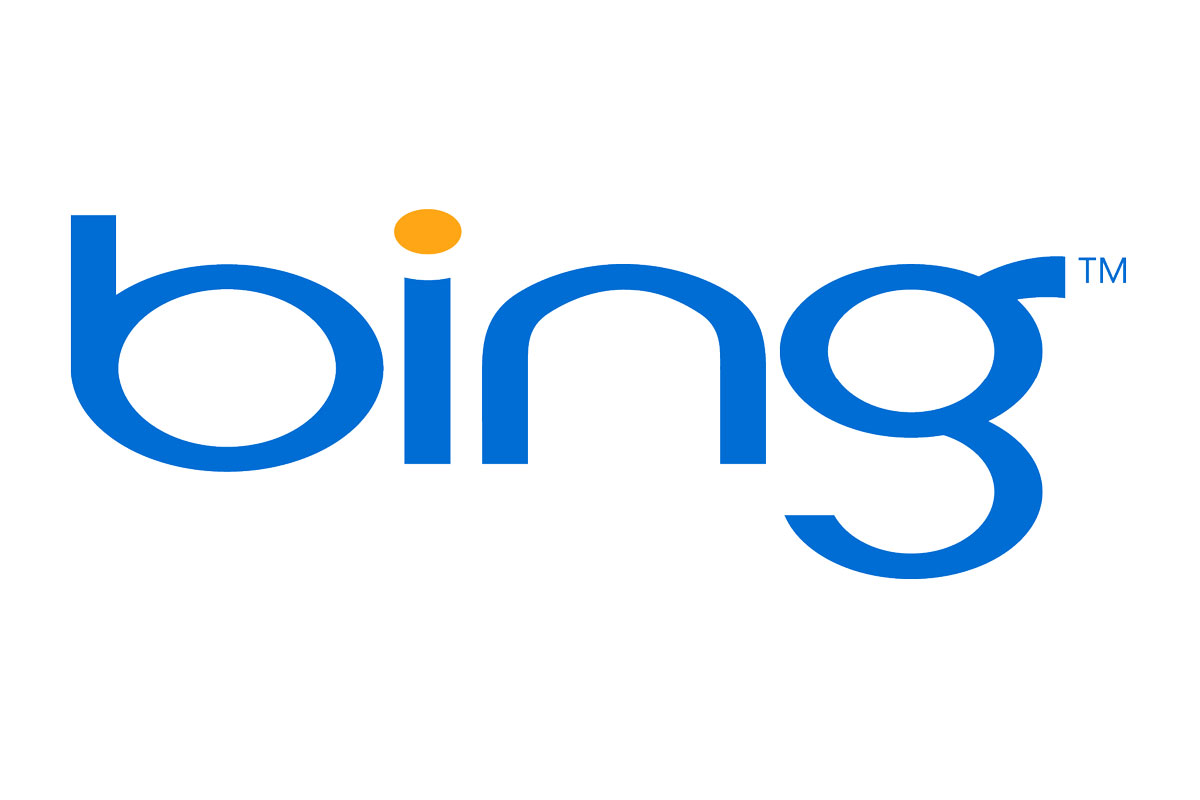 Bing's search now includes academic research
Bing's search now includes academic researchNews Scholarly articles will also be featured in Microsoft's Cortana Personal Assistant
-
 UK demands EU drops right to be forgotten law
UK demands EU drops right to be forgotten lawNews The government has asked for the right to be forgotten law to be removed from new European Union data protection laws
